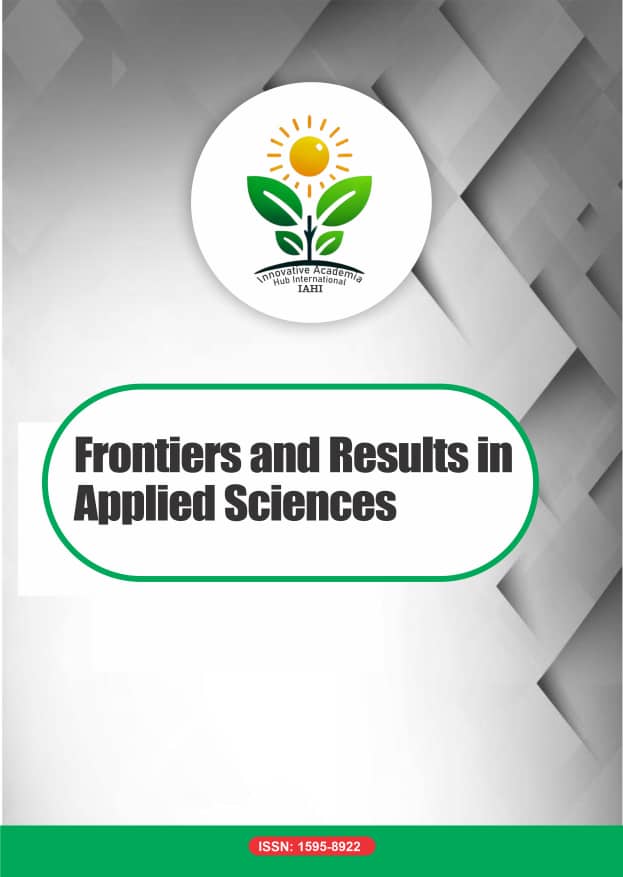USING SARFIMA TO INVESTIGATE THE EFFECT OF NIGERIAN DE-REGULATION OF DOWNSTREAM SECTOR POLICY ON PETROLEUM (PMS) PRICE

Published 2025-04-01
Keywords
- Premium Motor Spirit (PMS),
- Deregulation,
- Downstream sector,
- Forecasting
Abstract
This study investigates the impact of Nigeria's deregulation of the downstream sector policy on Premium Motor Spirit (PMS) prices using the Seasonal Autoregressive Fractional Integrated Moving Average (SARFIMA) model. The analysis is based on secondary data collected from the Central Bank of Nigeria and the National Bureau of Statistics, spanning from January 1985 to December 2023. The data reveals an overall increasing trend in PMS prices, with notable peaks in June and high prices in November and December annually. This trend suggests that PMS prices are influenced by both seasonal and non-seasonal factors. The SARFIMA model was employed to capture the seasonal and non-seasonal patterns in the PMS price data. After conducting stationarity tests, the data was differenced to achieve stationarity. The SARFIMA(1,2,1)×(0,1,1)₁₂ model emerged as the most effective model for predicting PMS prices, outperforming other models with its superior metrics, including the lowest Akaike Information Criterion (AIC) and Bayesian Information Criterion (BIC). The model's residuals passed the Box-Ljung test, confirming its adequacy for this analysis. The results of the SARFIMA model suggest that external factors, such as market disruptions or policy changes, and cyclical demand fluctuations play crucial roles in influencing PMS prices. Additionally, the study's results highlight the need for policymakers to consider the impact of external factors and seasonal demand fluctuations on PMS prices. By doing so, they can develop more effective policies to manage PMS prices and ensure a stable supply of petroleum products in Nigeria.
Key words: Premium Motor Spirit (PMS), Deregulation, Downstream sector, Forecasting,
